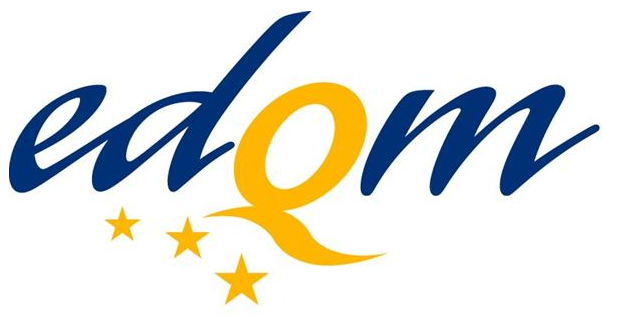
What is EDQM ?
EDQM stands for the European Directorate for the Quality of Medicines & HealthCare. It is a leading European organization responsible for the quality control, standardization, and regulation of medicines and healthcare products. The EDQM operates under the Council of Europe and works closely with regulatory authorities, pharmaceutical manufacturers, and healthcare professionals to promote public health and safety.
The main functions and activities of the EDQM include:
- Pharmacopoeias: The EDQM publishes the European Pharmacopoeia (Ph. Eur.), which is a legally binding reference for the quality control of medicines in the member states of the European Pharmacopoeia Convention. The Ph. Eur. provides standards and specifications for active substances, excipients, and finished pharmaceutical products.
- Certification: The EDQM issues Certificates of Suitability (CEP), also known as European Pharmacopoeia Certificates, to pharmaceutical manufacturers demonstrating compliance with the Ph. Eur. monographs. The CEP is recognized as evidence of compliance with quality standards and facilitates the registration of medicines in Europe.
- Quality Standards: The EDQM develops and promotes quality standards for medicines, including reference standards, reference spectra, and physical and chemical reference data. These standards support the harmonization and consistency of quality control methods across Europe.
- Laboratory Services: The EDQM operates state-of-the-art laboratories for quality control testing of medicines, including analysis of reference standards and batch release testing. The laboratory services contribute to the quality assurance of pharmaceutical products.
- Guidelines and Recommendations: The EDQM develops guidelines, recommendations, and best practices for various aspects of pharmaceutical quality, such as stability testing, impurity control, and bioanalytical method validation. These documents provide guidance to industry professionals and regulatory authorities.
- International Cooperation: The EDQM collaborates with international organizations, such as the World Health Organization (WHO), to promote global harmonization of quality standards and regulatory practices. It actively participates in initiatives related to the standardization and regulation of medicines worldwide.
- Pharmacovigilance: The EDQM plays a role in pharmacovigilance activities by collecting and analyzing data on adverse drug reactions (ADRs) and providing information to regulatory authorities to support the safety monitoring of medicines.
- Training and Education: The EDQM organizes training courses, workshops, and conferences to enhance the knowledge and skills of professionals in the field of pharmaceutical quality. These educational activities contribute to the continuous professional development of individuals working in the industry.
The EDQM's work has a significant impact on the quality, safety, and efficacy of medicines and healthcare products across Europe. Its activities help ensure that pharmaceutical manufacturers comply with rigorous quality standards, thereby safeguarding public health and promoting the availability of high-quality medicines.
Thank you for posting it
Associate Professor at National College of Pharmacy,Shimoga
10moInformative 👏👏👏👌
Regulatory Affairs Professional
11moSuch a wonderful & simplified illustration